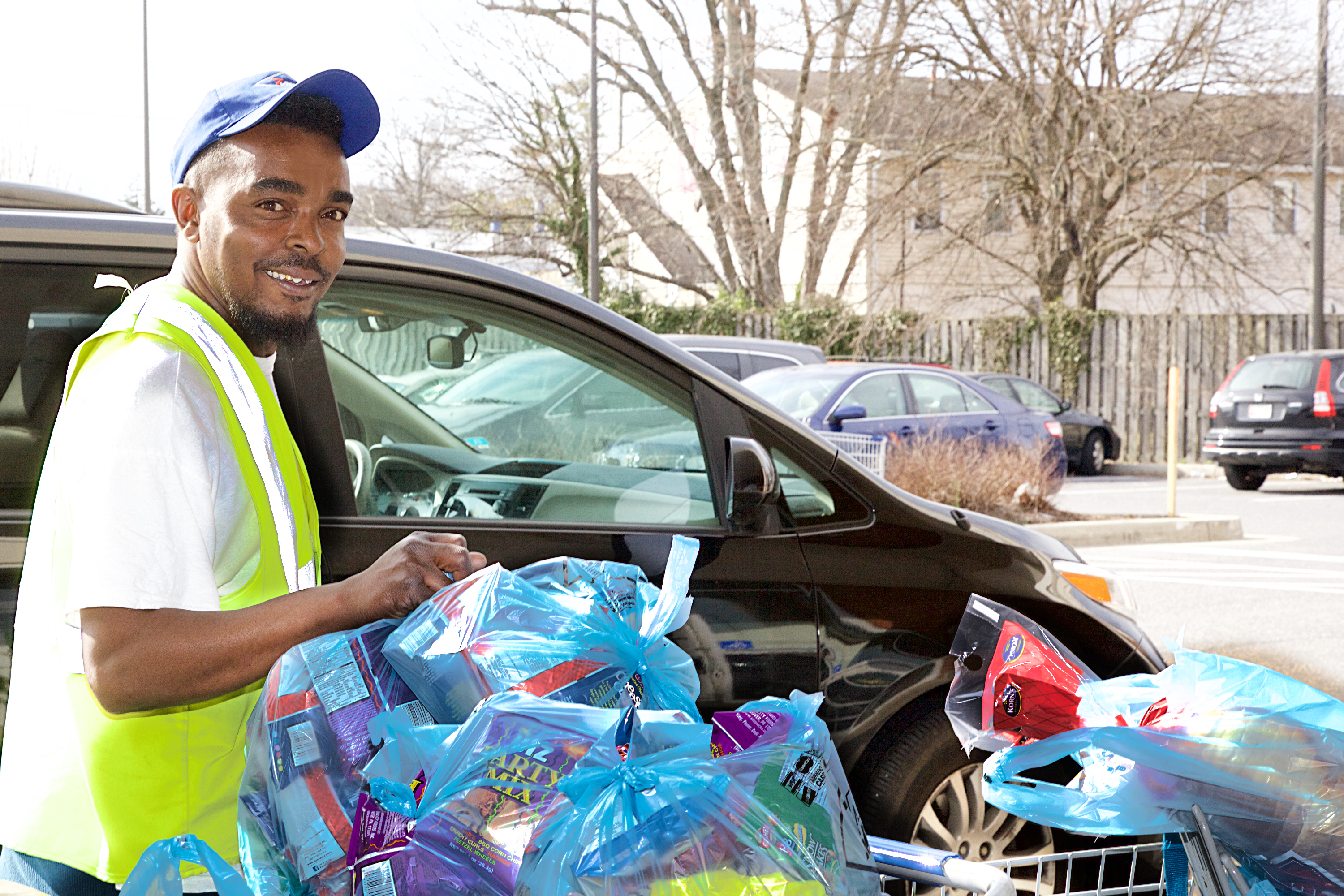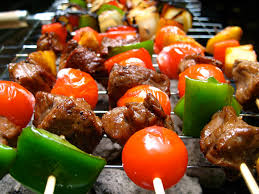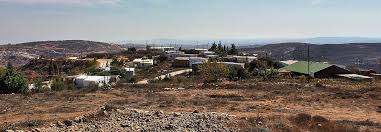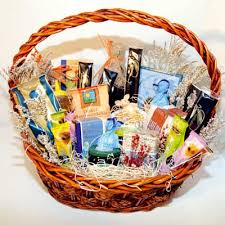Dreams Come True: Journey to Nachlaot: The Aliyah of the Deutsch Family
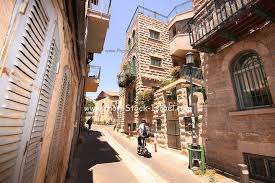
Meandering the quaint, winding alleyways of Nachlaot, I feel transported to an earlier era. This intriguing enclave in central Jerusalem is sandwiched between the busy thoroughfare of Rechov Yaffo, Machane Yehuda shuk, the quieter residential neighborhood of Sha’arei Chesed, and the expansive, grassy Sacher Park. Nachlaot’s various neighborhoods date back to the late 1870s, when overcrowding in the Old City caused a notable portion of its population to relocate. Many artists as well as colorful residents of all types and stripes live here create a mystique and vibe of diversity and inclusion. My curiosity is piqued. I want to know more about Nachlaot and meet its residents.
I head toward the home of Tzvi and Shaindel Deutsch and chat with Shaindel about her aliyah journey over a cup of tea. Shaindel Siskind Deutsch was born and raised in Baltimore until age 12, when she relocated to Israel with her parents and two brothers. The year was 2001, and Shaindel’s parents, Mark and Paula Siskind, had been contemplating aliyah for several years before deciding on the right time to make a go for it. The Siskind children did not make official aliyah together with their parents, so that they would be able to get their own aliyah benefits later on in life if they chose to remain in Israel.








